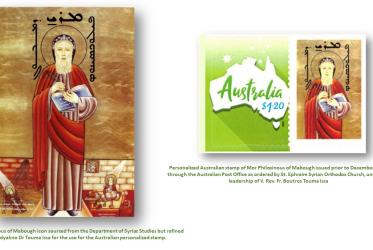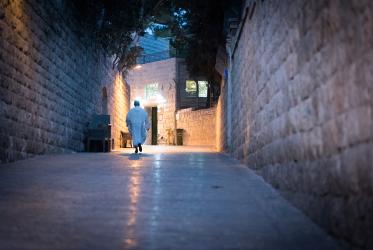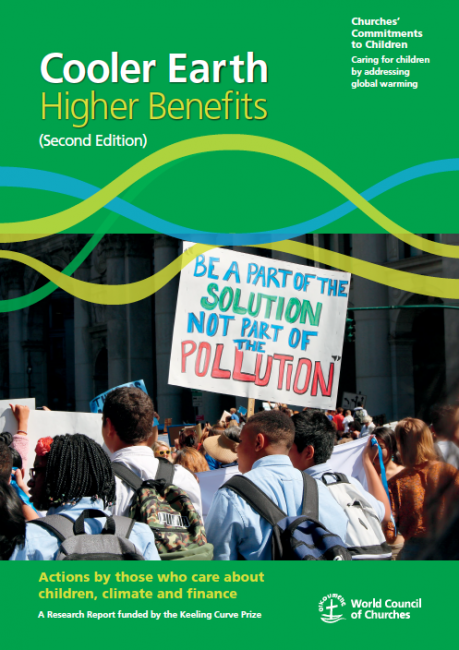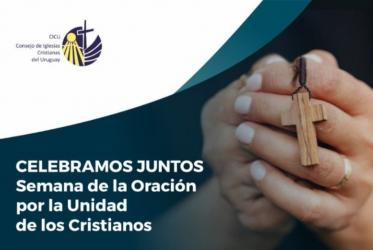Displaying 1 - 20 of 60
Recommended Practices to Combat HIV-Related Stigma
A Guidebook for Local Faith Communities
05 October 2023
Faith Sector Implementation of the Global AIDS Strategy
05 October 2023
Reflecting on principles for hybrid events
19 April 2022
Happy Birthday, Dear WCC!
23 August 2021
Cooler Earth – Higher Benefits Second Edition
Actions by those who care about children, climate and finance
02 July 2021
















